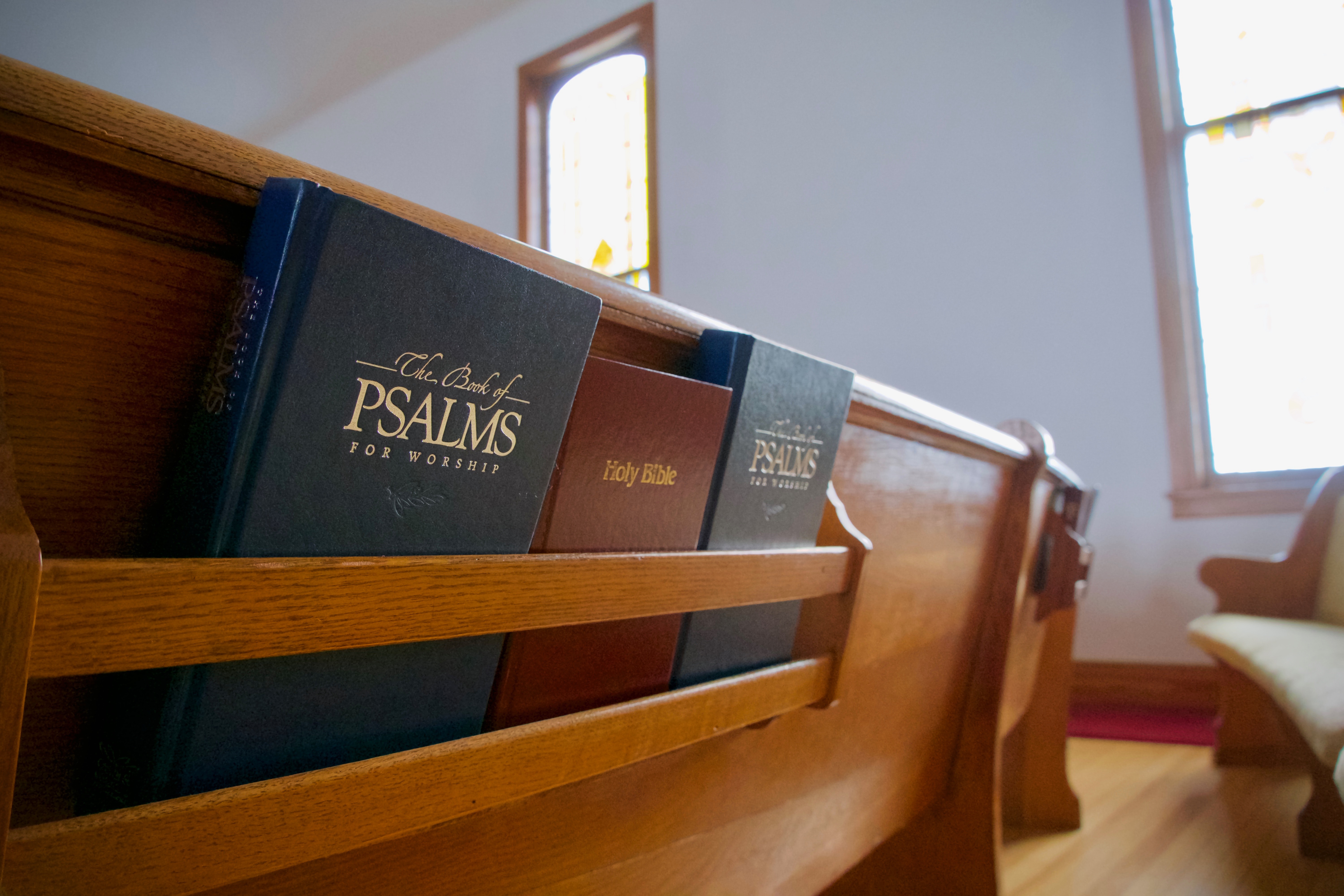I grew up in a church pew.
Second row. Right side. Next to my mother in a lilac floral dress.
I sat there for years listening to my father preach old-crusade style about Ezekiel’s valley of dry bones. He loved that biblical story.
His uncharacteristically loud voice would reverberate off the platform with enthusiasm as he declared, “Dry bones! Dry bones! Hear the word of the Lord!”
And make no mistake, they heard. From cranium to phalanges, every lifeless bone within those drowsy church patrons heard. It was impossible not to. My father made sure his congregants got the truth whether they wanted it or not.
That was his way.
And ironically, as I look back, it wasn’t altogether untoward.
In fact, the older I get the more I realize we can all use someone willing to speak to us with such jarring vigor. At times, God’s Word can be much easier to swallow when blended in some stout, torrenting homiletic concoction than through the sweet slow drops of morally instructive discourse.
After all, we dehydrate.
We dry up.
In all the spiritually shallow, soul-shriveling pandemonium of life, we too easily find ourselves on the brink of starvation without the spiritual wherewithal to believe we can go on. Life’s battles have worn us down to the bone and we feel utterly desiccated.
Much like Ezekiel’s dry bones.
In Ezekiel’s day, after all, a valley of unburied bones meant only one thing. A battle had taken place. The enemy had won.
In a ghastly display of defeat, fear, failure, hopelessness, obliteration, the bodies of the dead (and sometimes wounded) soldiers would be left to litter the ground, their carcasses a mangled meal for vultures.
Sound familiar? About like how we feel after our own spiritual battles?
Ezekiel thought so at least when God led him by the hand across one of these valleys. This seasoned prophet was so taken back by the sight, in fact, he could not even respond favorably when God asked him, “Son of man, can these bones live?” (Ezekiel 37:3 NIV).
Ezekiel instead chose to defer the question, “Sovereign Lord, You alone know.”
Lucky for Ezekiel (and for us too), an open graveyard is not the end of our story. God took Ezekiel to this valley for a purpose.
“Son of man,” God informs Ezekiel, “these bones are the people of Israel. They say, ‘Our bones are dried up and our hope is gone; we are cut off’” (v. 11).
The Israelites, you see, were dry and discouraged just as we are at times. They felt God had abandoned them, left them for dead after the Babylonians captured them and exiled them from their homeland. And much like we react when despondency takes over, God’s people turned a deaf ear to the truth.
But God had not.
And He would not allow Ezekiel to either.
God led Israel’s messenger “back and forth” among the bones until Ezekiel could feel for himself the broken, parched hearts of the people. Until he palpably knew the people’s despair, until he engaged with their hopelessness, until he grieved with them as God did.
Only then could Ezekiel prophesy to them effectively. Only then could he communicate not just the words God wanted them to hear but the passion and power behind those words. A power that would “accomplish what [God] desire[d] and achieve the purpose for which [God] sent it” (Isaiah 55:11).
Because God’s people needed more than lip service. They needed authentic, fervent exhortation. An in-your-face blandishment of hope to resuscitate them from their flatlining stupor. They needed a battle cry. One shouted with grit, with boldness, with jarring vigor.
My father’s kind of battle cry.
Can you hear it?
Dry bones! Dry bones! Hear the word of the Lord!
You may be “hard pressed on every side” but you are “not crushed.” You may be “perplexed,” but you are not “in despair.” You may be “persecuted,” but you are “not abandoned.” You may be “struck down,” but you are not “destroyed” (2 Corinthians 4:9).
No matter what hardships you are facing right now, God “ will make breath enter you, and you will come to life.” No matter how dry or despairing or dead you feel, God “will attach tendons to you and make flesh come upon you and cover you with skin.” He will “breathe into these slain” and “put [His] Spirit in you and you will live” (Ezekiel 37:5-6, 9, 14).
Because God promises “no weapon forged against you will prevail.” God declares “the One who is in you is greater than the one who is in the world.” And if God is with us, “if God is for us, who can [truly] be against us?” (Isaiah 54:7, 1 John 4:4, Romans 8:31). Hear me, dear friends. Hear the word of the Lord!
Ezekiel heard the battle cry.
And he knew it to be true.
Because before his own eyes, God’s words brought decayed, calcified bones back to life. Bone to bone, “they came to life and stood up on their feet—a vast army” (v. 7-10).
An army not yet vanquished. An army living to see another day. Oh, the wonderment of God’s resurrection power.
It’s the heart of the gospel.
And if we listen, we can experience it too.







Most EXCELLANT…